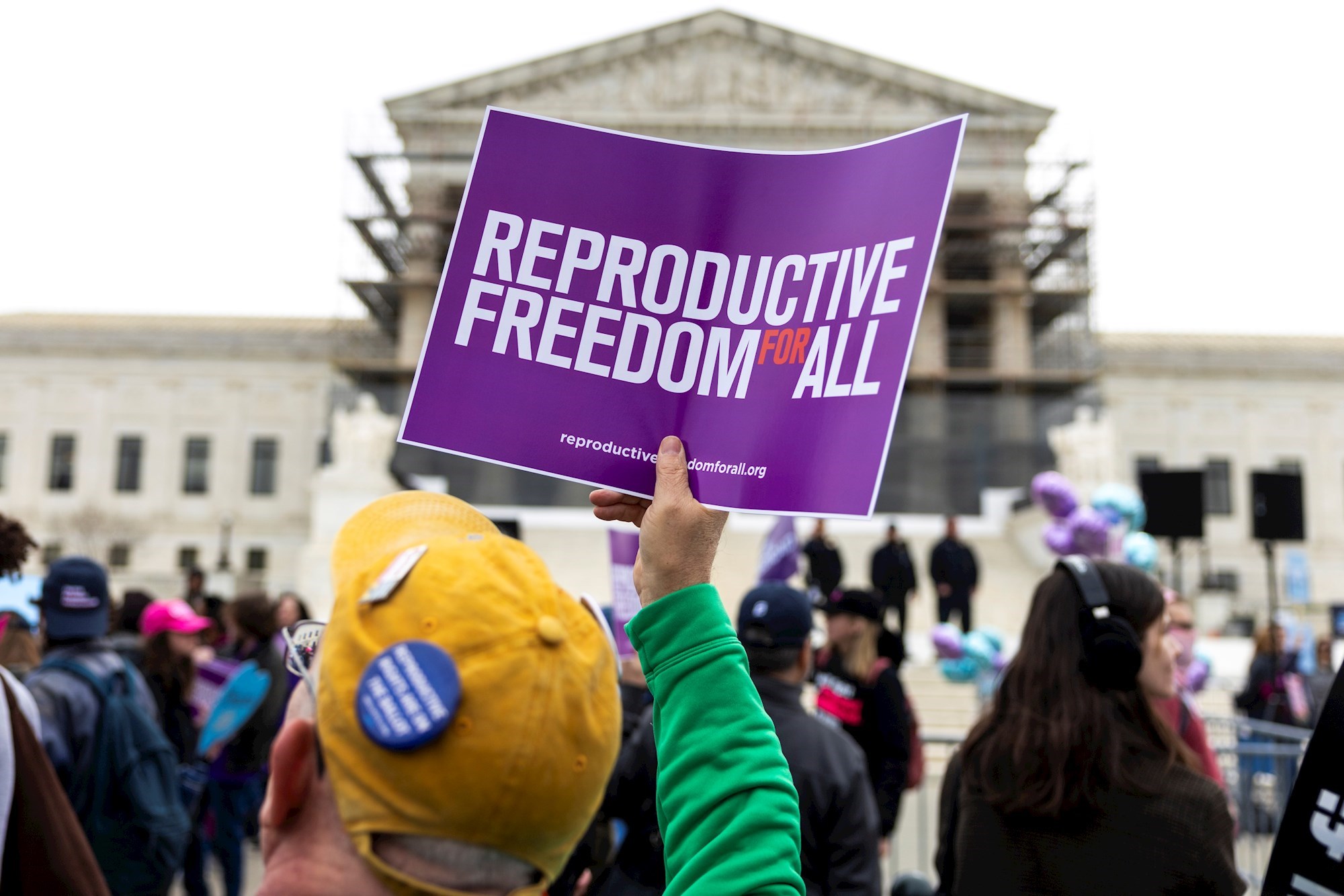The UK House of Commons has voted to decriminalize abortion in England and Wales, marking the most significant change in reproductive rights in decades. The reform removes the threat of investigation, arrest, and criminal prosecution of women in relation to their pregnancies, while retaining penalties for violent partners or medical professionals who perform abortions outside the legal framework. The move was supported by a large majority and aims to protect women from invasive investigations and an outdated Victorian law increasingly used against vulnerable women. The reform faced opposition from Conservative MPs but was praised by women’s rights organizations and medical experts. The decision follows numerous cases of investigations and prosecutions of women for illegal abortions, as well as the decriminalization of abortion in Northern Ireland in 2019.
Political Perspectives:
Left: Left-leaning outlets emphasize the historic and progressive nature of the reform, highlighting the protection of women’s rights and autonomy. They focus on the outdated and harmful Victorian laws and the need to modernize reproductive rights to prevent criminalization and harassment of women. The narrative supports the reform as a victory for gender equality and healthcare access.
Center: Centrist perspectives report the reform as a significant legal change with balanced coverage of the debates. They present arguments from both supporters and opponents, noting the majority support in Parliament and the concerns raised by conservatives. The focus is on the legal and social implications, with an emphasis on the reform’s impact on women’s health and legal protections.
Right: Right-leaning sources tend to emphasize the opposition to the reform, focusing on concerns about the moral and legal implications of decriminalizing abortion. They highlight the arguments of conservative MPs who view the reform as extreme and potentially harmful. The narrative may stress the importance of protecting unborn life and question the necessity of changing long-standing laws.































